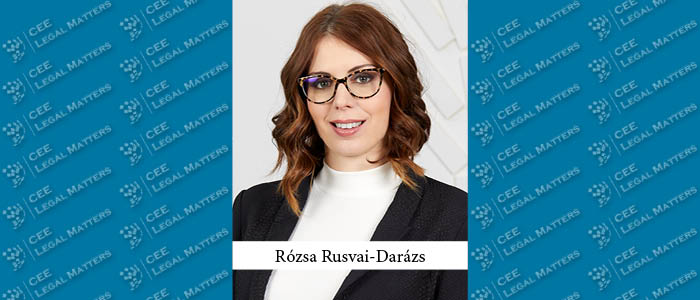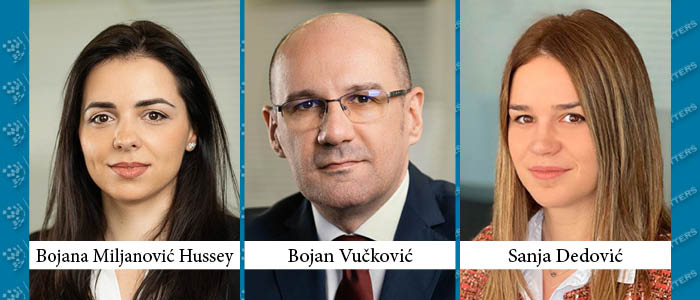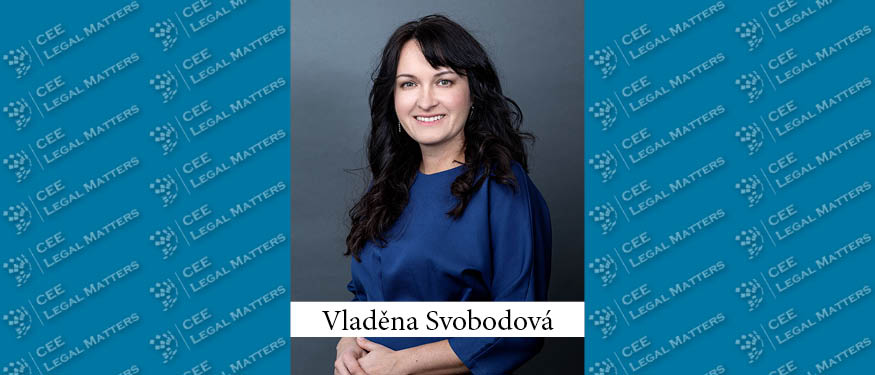To support the prevention of money laundering and terrorist financing, on 26 June 2024, the Hungarian National Bank issued two new regulations, incorporating changes in domestic legislation, guidelines of the European Banking Authority and lessons learned from supervisory experience.
The Social Tax on Interest Income Remains with Us
Since 1 July 2023, interest income has been subject to a 13% social contribution tax (‘szocho’) in addition to the 15% personal income tax (‘szja’). Originally this was only for the duration of the emergency caused by the armed conflict in Ukraine. However, a new act published in the Hungarian Official Gazette on 18 June 2024, changed the situation.
Amendment to the Albanian Labour Code
The Parliament of Albania has recently passed amendments to the Albanian Labour Code (“Code“), specifically regarding employee annual paid vacation entitlements.
The EU AI Act Enters into Force Today, August 1, 2024
The EU’s Al Act (Regulation 2024/1689) enters into force today, August 1, 2024. The groundbreaking Act is designed to ensure that AI systems are safe, transparent, and governed by rules that protect fundamental rights. The Act categorizes AI applications into risk-based tiers, with each tier subject to different levels of regulatory scrutiny and compliance requirements.
Czech Republic: New Employers Obligations Regarding Employees Working Under Agreements to Complete a Job
New regulations governing agreements to complete a job (in Czech: dohoda o provedení práce) came into effect in the Czech Republic on 1 July 2024, with additional provisions set to be implemented on 1 January 2025. These amendments significantly modify the original provisions outlined in the Czech Consolidation Package (Act No. 349/2023 Coll.).
2024-2025 Action Plan on Artificial Intelligence Strategy Published
In line with the recent developments across the world, the National Artificial Intelligence Strategy 2024-2025 Action Plan (“Action Plan“) was published, prepared in cooperation with the Presidential Digital Transformation Office of the Republic of Türkiye and the Ministry of Industry and Technology, and in line with the opinions of various public and private actors and nongovernmental organizations (“NGOs“), to advance Türkiye’s framework on artificial intelligence practices and strengthen its global position in terms of artificial intelligence.
New Activity Codes: Administrative Obligations for Hungarian Companies
In July 2024, the Hungarian Central Statistical Office began sending formal notifications via email regarding changes to the statistical codes of various activities. Although the required procedure takes only a few minutes, non-compliant companies may face penalties.
New Rulebook on UBO Registration in Montenegro – Key Compliance Deadline Approaching
The Montenegrin Ministry of Internal Affairs recently implemented a Rulebook on Ultimate Beneficial Owner (“UBO”) Registration, effective from 27 July 2024. It introduces significant changes in how legal entities in Montenegro must manage their UBO information as part of the country’s effort to strengthen its fight against money laundering.
Bankruptcy – Consequences on the Course of the Civil Proceeding
As a result of major market changes, business entities more often suspend their operations and become insolvent, during which arises the question of the collectability of the claims of their creditors and associates, as well as persons who are in other relationships with such insolvent business entities.
Important Changes to the Legislation on Waste Electrical and Electronic Equipment
On 17 May 2024, Law No. 127/2024 for the approval of Government Emergency Ordinance No. 5/2015 on Waste Electrical and Electronic Equipment (Law No. 127/2024) entered into force, after a laborious journey marked by extensive debates and negotiations, thus finalizing a legislative process that began in 2015.
Significant Changes in the Administrative Service Fees of Land Registry Proceedings
From 29 July 2024, the administrative service fees relating to procedures for land registry, plot formation, land surveying and mapping, and the provision of data from the land register and the state databases will be increased significantly.
New Building Act - Part 3
The new Czech Building Act (Act No. 283/2021 Coll., the Building Act, as amended (NBA)) became effective on 1 January 2024 and gradually replaces legislation set forth primarily in Act No. 183/2006 Coll., on zoning and building regulations (Building Act), as amended (OBA).
Romanian Competition Council Conducts Investigations of Alleged Abuse of Superior Bargaining Position and Alleged Unfair Trading Practices. What Does This Mean for Companies?
On 26 June 2024, the Romanian Competition Council (the "RCC") announced that it had conducted a dawn raid as part of an investigation concerning the possible abuse of a superior bargaining position by a company active in the supply of liquid medicinal oxygen against a public hospital. The investigation has been launched ex officio as a result of information received from public sources. The case is noteworthy as it marks the first time the RCC has launched a review regarding an alleged abuse of superior bargaining position, a relatively new type of infringement under Romanian competition rules.
Trademark Triumph: Landmark Profit Surrender Ruling In Serbia
Serbia’s 2020 Trademark Law introduced a novel provision to local law: the trademark holders have been explicitly empowered to claim profit surrender in cases where the infringement was not intentional or grossly negligent.
Two Gun-Jumping Investigations Launched by the Serbian Competition Commission
On 14 June 2024, the Serbian Competition Commission (the “Commission”) initiated two proceedings against companies belonging to the Agromarket Group for allegedly implementing notifiable concentrations without obtaining prior approval from the Commission. The acquisitions occurred in 2020 and 2024 and both concern targets located outside of Serbia.
Is an Amendment to the Competition Act in the Works?
You may have noticed that there has been a discussion about an amendment to the Act on Protection of Competition in recent weeks. If it passes the legislative procedure, what would it mean in practice?
ECJ Decides on Hungarian VAT Refund Claim
In its latest decision of May 16, 2024 the European Court of Justice (ECJ) reflected on the Hungarian foreign VAT refund regime. ECJ established once again that non-compliance with formal requirements should not prevent reimbursement of VAT provided that substantive requirements can and have been satisfied.
Whistleblower Law
On June 24, 2024, the Act on the Protection of Whistleblowers (the "Whistleblowers Act") was published in the Journal of Laws, which means that most of its provisions will come into force on September 25, 2024.






























